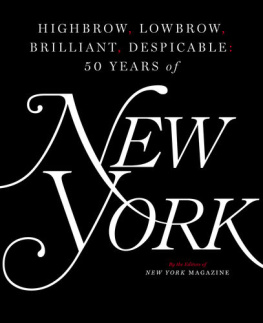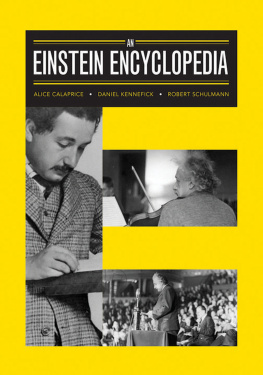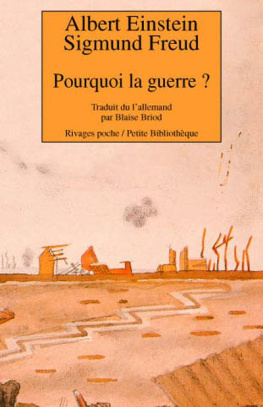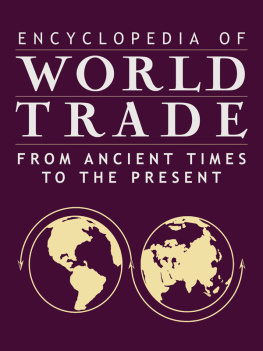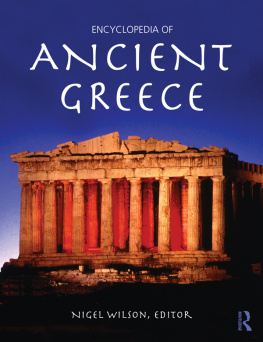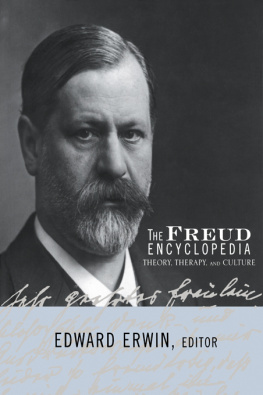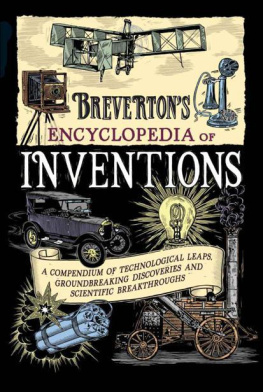Simon Garfield - All the Knowledge in the World: The Extraordinary History of the Encyclopedia
Here you can read online Simon Garfield - All the Knowledge in the World: The Extraordinary History of the Encyclopedia full text of the book (entire story) in english for free. Download pdf and epub, get meaning, cover and reviews about this ebook. City: New York, year: 2023, publisher: William Morrow, genre: History. Description of the work, (preface) as well as reviews are available. Best literature library LitArk.com created for fans of good reading and offers a wide selection of genres:
Romance novel
Science fiction
Adventure
Detective
Science
History
Home and family
Prose
Art
Politics
Computer
Non-fiction
Religion
Business
Children
Humor
Choose a favorite category and find really read worthwhile books. Enjoy immersion in the world of imagination, feel the emotions of the characters or learn something new for yourself, make an fascinating discovery.
- Book:All the Knowledge in the World: The Extraordinary History of the Encyclopedia
- Author:
- Publisher:William Morrow
- Genre:
- Year:2023
- City:New York
- Rating:4 / 5
- Favourites:Add to favourites
- Your mark:
All the Knowledge in the World: The Extraordinary History of the Encyclopedia: summary, description and annotation
We offer to read an annotation, description, summary or preface (depends on what the author of the book "All the Knowledge in the World: The Extraordinary History of the Encyclopedia" wrote himself). If you haven't found the necessary information about the book — write in the comments, we will try to find it.
From the deliriously clever (Boston Globe) Simon Garfield, New York Times bestselling author of Just My Type, comes the wild and fascinating story of the encyclopedia, from Ancient Greece to the present day.
A brilliant book about knowledge itself. Deirdre Mask, author of The Address Book
Magnificent. ... A perfectly styled work of literature at times sad, at times funny, but always full of life. Engineering & Technology Magazine
The encyclopedia once shaped our understanding of the world. Created by thousands of scholars and the most obsessive of editors, a good set conveyed a sense of absolute wisdom on its reader. Contributions from Albert Einstein, Sigmund Freud, Orville Wright, Alfred Hitchcock, Marie Curie and Indira Gandhi helped millions of children with their homework. Adults cleared their shelves in the belief that everything that was explainable was now effortlessly accessible in their living rooms.
Now these huge books gather dust and sell for almost nothing on eBay. Instead, we get our information from our phones and computers, apparently for free. What have we lost in this transition? And how did we tell the progress of our lives in the past?
All the Knowledge in the World is a history and celebration of those who created the most ground-breaking and remarkable publishing phenomenon of any age. Simon Garfield, who has a genius for being sparked to life by esoteric enthusiasm and charming readers with his delight (The Times), guides us on an utterly delightful journey, from Ancient Greece to Wikipedia, from modest single-volumes to the 11,000-volume Chinese manuscript that was too big to print. He looks at how Encyclopedia Britannica came to dominate the industry, how it spawned hundreds of competitors, and how an army of ingenious door-to-door salesmen sold their wares to guilt-ridden parents. He reveals how encyclopedias have reflected our changing attitudes towards sexuality, race, and technology, and exposes how these ultimate bastions of trust were often riddled with errors and prejudice.
With his characteristic ability to tackle the broadest of subjects in an illuminating and highly entertaining way, Simon Garfield uncovers a fascinating and important part of our shared past and wonders whether the promise of complete knowledgethat most human of ambitionswill forever be beyond our grasp.
Simon Garfield: author's other books
Who wrote All the Knowledge in the World: The Extraordinary History of the Encyclopedia? Find out the surname, the name of the author of the book and a list of all author's works by series.

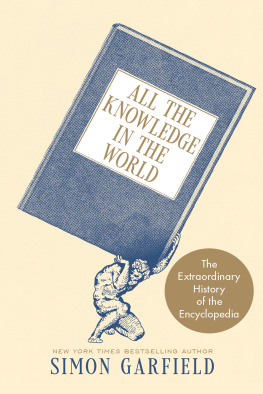

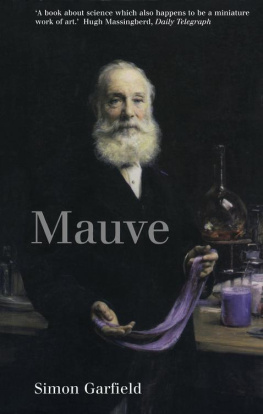
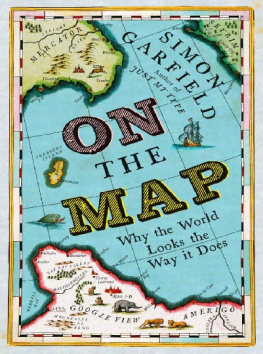
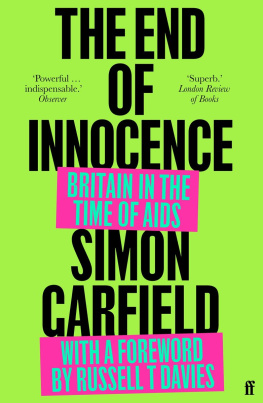
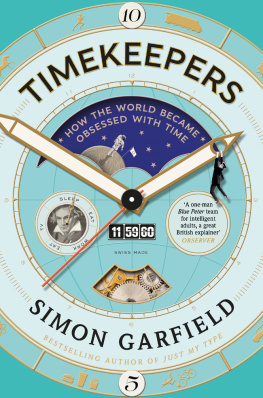
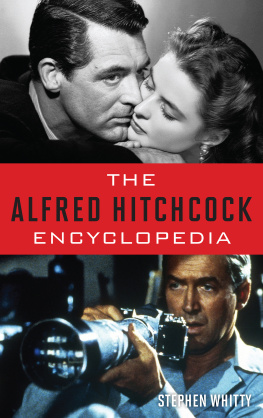
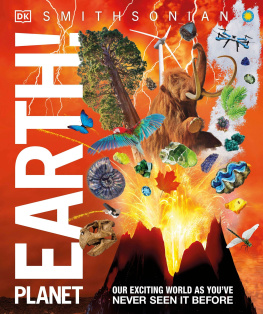
![Michael Lovano - The World of Ancient Greece: A Daily Life Encyclopedia [2 Volumes]](/uploads/posts/book/268736/thumbs/michael-lovano-the-world-of-ancient-greece-a.jpg)

